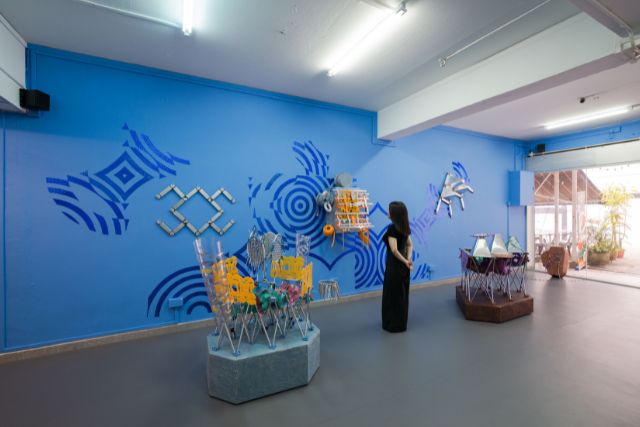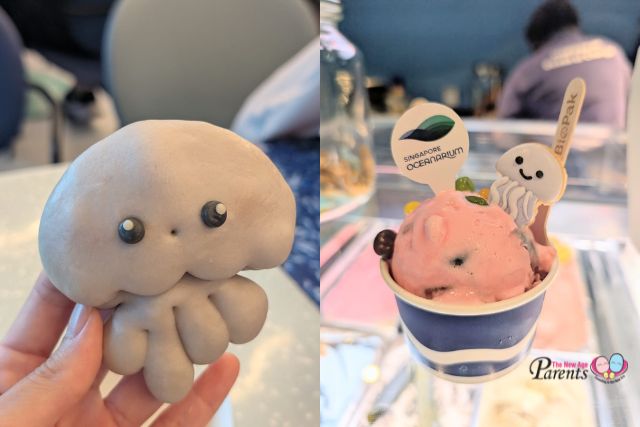As your little one gains mobility, learns to talk, and is exposed to outsiders more and more, he will slowly gain confidence, and make his wants and needs to be known. Often at all the wrong moments, and in all the wrong ways.
Welcome to the “terrible twos”. The terrible twos are a normal stage in a toddler’s development characterized by mood changes, temper tantrums and frequent use of the word “no”. This typically occurs when toddlers begin to desire greater independence, but still very much still need and want parental presence and support.

While these early years can be extremely challenging for parents and caregivers to navigate, it may help you to keep in mind that your 2-year-old is actually undergoing major motor, intellectual, social and emotional changes within himself during this period. In other words, it’s not easy to parent a toddler, but it isn’t easy being a toddler either!
As you will discover, this is only the beginning of a phase of testing limits, exerting self-will and the discovery of autonomy that every child goes through, often lasting all the way to adolescence. “Most toddlers begin testing limits shortly after their first birthday and continue until about age four,” says Ari Brown, M.D., author of Toddler 411.

How wonderful, though, that this is the time that your child begins to carve out his own identity, an essential process that will allow him to really come into his own later on in life. He will discover passions, explore options, celebrate successes and gain crucial self-confidence and skillsets. He is on his way to becoming a teenager, and later, an adult.
In these early stages of development (from 2-6 years), referred to by experts as the formative years of a child’s life, it is vital that we help our toddlers set healthy and helpful boundaries in all key areas of their lives. As parents, the challenge is often knowing how to be proactive in thinking about such things, rather than just reacting to what’s happening right in front of us at that moment.
We need to switch from thinking of quick-fix solutions to building long-term strategies for change. We have to let go of our self-consciousness and need for approval, be it from our peers, from strangers on the street, or even, from our children.

Setting boundaries is no mean feat and is something that’s part and parcel of being a parent. As your child grows up, your boundaries may change, and the way you work with him to establish healthy self-control will evolve accordingly. But for now, as you think about building a healthy culture of eating in the home or creating guidelines for sibling playtimes, here are a few things to keep in mind:
Define
It’s always best to pre-empt problems before they occur – prevention is better than cure! So, define boundaries for your child before he gets in a situation where he’ll need them. For example, on the way to a playdate: “You can play with whatever toy you want, but if you want something that someone else is playing with, remember you need to ask for a turn first.”
Clarity
Use terms that your child can understand. For example “We will go home when you finish your slice of cake” is far better than “We will go home in another ten minutes”. I mean, which two year old can tell the time?
Consistency

This is a hard one, but some boundaries need to be set even though it impinges on your own desires and wants. For example, if you’ve told your child that he only gets dessert after he finishes what’s on his plate, then you’ve got to demonstrate that yourself as well – you need to finish what’s on your plate before reaching for the ice cream. Double standards are a no-no.
Timing
It’s crucial to try to catch the right moment with your child when you’re setting a boundary or reminding them of some prior agreement. Right at the moment is usually best, because your child will totally get what you are talking about (children tend to have rather short-term memories). But if your child has already worked himself up into a rage, shelve the pep-talk for later, and focus on helping him process how he’s feeling in that moment.
Feelings first
When your child is overcome by his emotions, any kind of boundary talk is going to fall on deaf ears. What he needs most is your empathy. Help him find the words to express what he is feeling, and try to understand where he is coming from, before setting down the “law”. Happiest Toddler on the Block by Dr. Harvey Karp is a good resource for this.

Teamwork
We all have a good agenda as parents – we want our children to be well-mannered, obedient, thankful, kind kids. But sometimes, our disagreements can look more like a war-zone than a relationship. Mary Sheedy Kurcinka (Raising your spirited child) advises parents not to take up a “position” opposite to your child. Instead, seek to define each other’s interests, lay down some basic expectations, and find a compromise that works for everyone.
Alternatives
Negotiating a compromise is not “letting your child win”, because that’s battle talk speaking. As parents, we are not here to win the war against our child’s seeming defiance but called to come alongside them and be a coach, example and teacher towards something better. And so, don’t have too rigid and extensive a list of boundaries – leave room for your child to practice that assertion of his will within reasonable limits. For example “Don’t hurt anyone while you are playing Police and Thieves. If you do, you have to stop playing.” is more freeing and empowering than “You cannot play with any guns or sword toys because they are dangerous”.
Affirmation
We often criticize and pick on our children’s bad behavior, but fail to praise them for the good that they do, or the bad that they do not do. In Asian societies, especially, we parents need to learn not to shrink away from offering praise and affirmation. Contrary to popular belief, specific and accurate praise build up healthy self-esteem in a child; it does not “spoil” him or create a performance mentality unless you dole it out copiously and unnecessarily. Don’t just notice the bad – call out and compliment the good in your toddler.
By Dorothea Chow.
This article was first published in New Age Pregnancy.
Do you have a preschool child? We like invite you to join our Facebook group here for discussions on preschool related topics.
* * * * *
Like what you see here? Get parenting tips and stories straight to your inbox! Join our mailing list here.
Want to be heard 👂 and seen 👀 by over 100,000 parents in Singapore? We can help! Leave your contact here and we’ll be in touch.















































